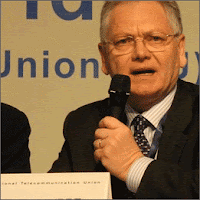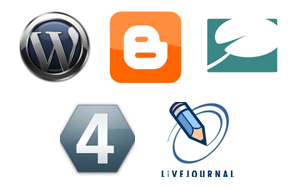ITU Conference
 This week I attend the largest technology conference I have seen to date. Typically held in Geneva, the International Telecommunication Union Conference (ITU) was held in Hong Kong December 2006.
This week I attend the largest technology conference I have seen to date. Typically held in Geneva, the International Telecommunication Union Conference (ITU) was held in Hong Kong December 2006.Held once every 4 years, this event has drawn over 150,000 attendees from all over the world. Those who know me will understand the sheer nirvana I am experiencing in connecting with people from so many countries all discussing and understand opportunities to extend technology and improve social conditions. Very few people I spoke with in the US before the event even knew what the ITU was, including me, so I learned that the ITU is the telecommunications committee for the United Nations (UN).
This morning, among a diverse and experienced group of telecommunication leaders in a panel on this first official day of the event, were Andre Smit of Cisco and Didier Philippe, President of the Micro-Enterprise Acceleration Institute in Switzerland, who is working with HP. They spoke about the convergence of culture and technology, how technology is driving a change in the way that organizations serve employees and consumers and what each company is doing to respond to issues surrounding globalization. Mr. Smit highlighted the changing way that youth will prefer to be communicated with, while Mr. Philippe focused on the mechanisms by which HP is tailoring programs for ‘micro-enterprises’, those of 10 employees of less.

Comments